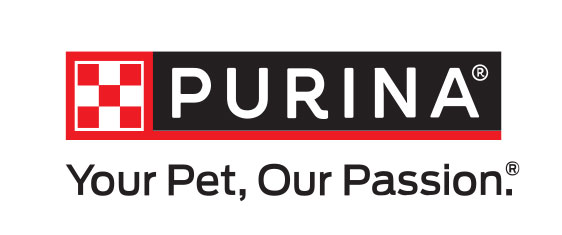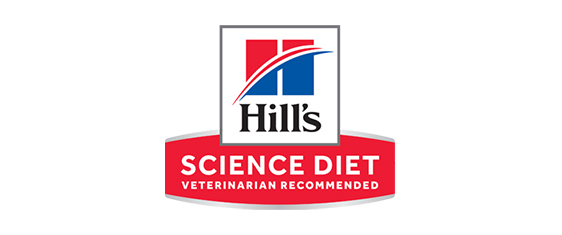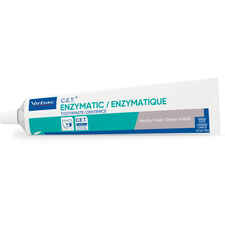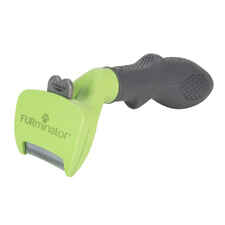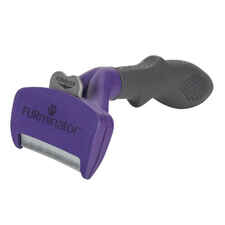New Year Resolutions & Checklist for Pet Owners
Doctor of Veterinary Medicine

While efforts are made to answer all questions as quickly as possible, if an immediate answer is required or if your pet is in need of urgent or emergency care, contact your pet's veterinarian immediately.
Doctor of Veterinary Medicine

You will receive an answer from Dr. Lindsay and our vet/tech team as soon as possible, usually the same day.
All answers are provided for informational or educational purposes only, and are intended to be a supplement to, and not a substitute for, the expertise and professional judgment of your pet's veterinarian.
It may be necessary to consult your pet's veterinarian regarding the applicability of any opinions or recommendations with respect to your pet's symptoms or medical condition.
CloseDoctor of Veterinary Medicine

An error has occurred, please reload the page and try again.
CloseWhile efforts are made to answer all questions as quickly as possible, if an immediate answer is required or if your pet is in need of urgent or emergency care, contact your pet's veterinarian immediately.
There is no answer related to your question
The arrival of the New Year is an excellent time to bring attention to not only pet health care tips, but to also save money on pet health expenses! Will you be making any or all of the resolutions below?
Schedule regular visits to your veterinarian
I recommend semiannual veterinary checkups on most pets and especially recommend veterinarians who are open-minded and progressive when it comes to conventional and holistic veterinary medicine. Veterinarians trained in both models are more likely to be more updated on modern vaccination protocols, especially given the concern about over vaccination and the role it may play in escalating chronic diseases in our pets. When possible, ask for measurement of vaccination antibody titers, instead of automatically vaccinating pets annually for core viruses such as canine parvovirus, canine distemper, and feline panleukopenia. For middle aged and older pets, it is important to have annual to semiannual blood work to monitor blood counts, organ function, and early detection for diseases.
If available in your area, consider choosing an AAHA-accredited veterinary hospital which often has state-of-the-art equipment and veterinary care.
Need help finding a veterinarian in your area? Use our free Vet Locator.
Rethink your pet's diet
Holistic veterinarians are more likely to be knowledgeable about healthier diets to recommend. For my clients I prefer natural diets made with whole meats or named meat meals, and preserved naturally with no artificial ingredients. Some of my long term favorite pet food companies include Wysong and Taste of the Wild. Consider feeding a proper homemade diet as described in the book Dr. Pitcairn's Guide to Natural Health for Dogs and Cats, by Richard Pitcairn, D.V.M., Ph.D. or The Natural Cat, by Anitra Frazier. I also recommend that pet owners supplement their pet's diet with multivitamins, digestive enzymes, and Omega 3 fatty acids to help round out the diet.
Get serious about your pet's dental health
The New Year is a great opportunity to start your pet on a dental program. 75% of pets over the age of 3 have some degree of periodontal disease which may be linked to oral discomfort, tooth loss, and other systemic diseases of the heart, liver and kidneys. Brushing your pet's teeth takes time and patience, so start a few days each week until your pet becomes comfortable with the routine. For more information, read our guide on how to brush your pet's teeth.
Familiarize yourself with proper grooming tips for your pet
Routine grooming allows the opportunity to examine your pet's body to identify potential problems before they become serious. A useful book on at-home grooming is All Breed Dog Grooming Guide by Sam Kohl, which can be a resource for both how and what to use to groom your pet. Bathing your pet at home can save money from expensive grooming trips, but make sure to brush and comb out mats and tangles before bathing. For more tips on proper grooming read our guide to Caring for Your Pet's Skin and Coat.
Enroll your pet into a pet insurance policy
If you don't already have pet insurance, now is a good time to consider researching a company that suits your pet's needs as well as your budget. In addition to protecting your dog or cat, pet insurance also help saves lots of money since almost 95% of pets may suffer an emergency during their lifetimes, which can result in hefty veterinarian bills. Another option is to ask if your veterinary office carries CareCredit®, which offers instant credit to pet owners who qualify.
The New Year offers a chance to explore both conventional medical preventative options, as well as holistic alternatives to maintain our pets in the best possible health.
 Swipe
Swipe






